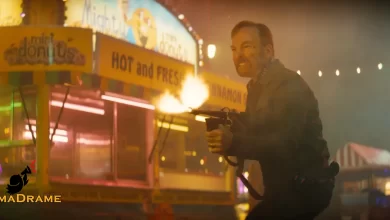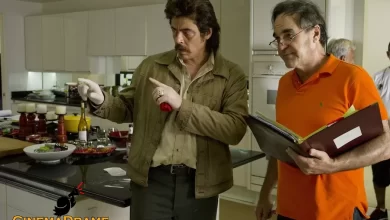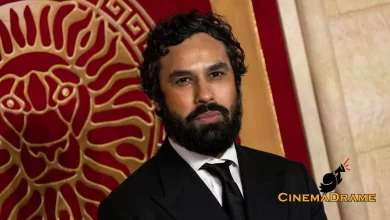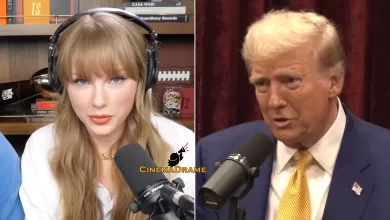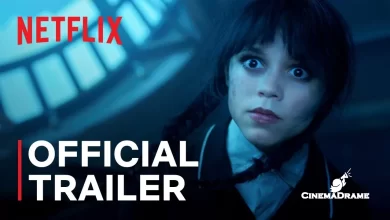Key Changes in the 43rd Fajr Film Festival
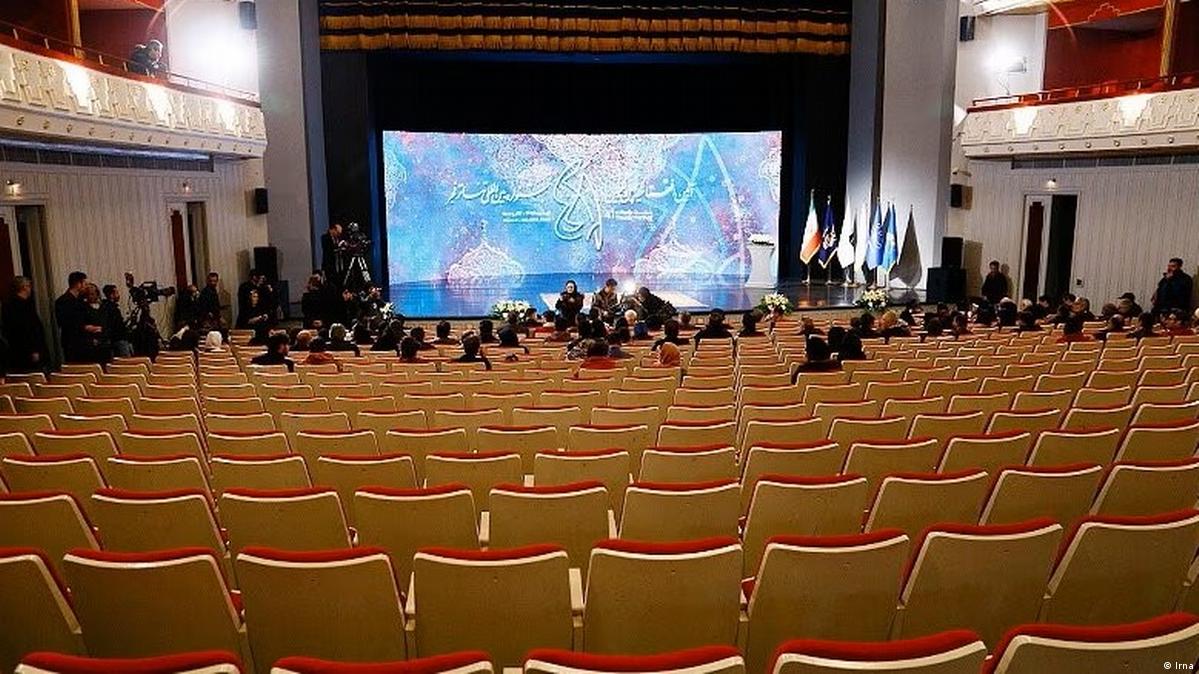
Important Changes in the 43rd Fajr Film Festival
According to CinemaDrame, the call for entries for the 43rd Fajr Film Festival has been released, revealing significant changes in the awards sections, the Audience Choice Award, and the documentary and short film categories.
The 43rd Fajr Film Festival, to be held under the supervision of Mohammad Khazaei, has introduced updates in its regulations. ISNA reviews these changes:
Addition of the “Martyr of the Nation” Emblem
- The festival has announced the inclusion of a new award called the “Martyr of the Nation Emblem,” granted to the best film that focuses on the achievements of the Islamic Revolution and national progress.
This award was introduced following the martyrdom of Ayatollah Seyyed Ebrahim Raeisi and his companions.
Return of the Audience Choice Award
- After much speculation, it has been officially announced that the Crystal Simorgh for the Best Film as voted by the audience will return to the festival after a three-year hiatus.
The removal of this award in previous editions faced widespread criticism. The organizers had stated that it would not be reintroduced until voting issues were resolved to ensure a fair and tamper-proof process. It remains to be seen how the audience voting mechanism will function this year.
Major Change in the Documentary Section
- Previously, entries in the feature-length documentary competition were selected from those that made it to the competition segment of the Cinema Verite Festival. However, this requirement has been removed for the 43rd edition. Documentaries recommended by the Cinema Verite selection committee are now eligible for entry.
The call specifies that applicant documentaries must be “introduced by the selection committee of the 18th Cinema Verite International Documentary Film Festival.” However, feature-length cinematic documentaries (minimum 75 minutes) no longer need to have competed in the Cinema Verite festival.
This adjustment means that documentaries which, for any reason, were not included in the competition section of Cinema Verite but were selected by its committee may still participate in the Fajr Film Festival.
Significant Change in the Short Fiction Film Section
- Similar to the documentary section, the requirement to compete in the Tehran Short Film Festival for eligibility in the Fajr short film category has been removed.
The call specifies that short films must be “introduced by the selection committee of the 41st Tehran International Short Film Festival,” but competing in the festival’s competition section is no longer a prerequisite.
Ambiguity Around Private Screenings
- While one of the fundamental rules of the Fajr Film Festival has always been the prohibition of screening films at other festivals, events, or in cinemas, a new clause has been added to the regulations for the national section. This clause explicitly bans all public and private screenings during the festival period.
“Upon registration, the producer agrees to the screening schedule in Tehran and other cities as determined by the festival. They also commit to refraining from any private or special screenings of their film during the festival period (February 1–11) under any circumstances.”
This clause raises questions about whether the festival organizers intend to prevent the common practice of producers and organizations showing their films to critics and media representatives during the festival.
Official Acceptance of Rough Cuts
- One of the recurring criticisms of the Fajr Film Festival has been the review of incomplete film versions in terms of filming or technical post-production stages. Last year, this issue escalated with the review of an unfinished version of the film Without a Body, which overshadowed the entire event.
The organizers have now explicitly stated that “rough cuts, where filming is complete,” are acceptable for review. Films can be submitted without completing post-production processes such as music composition, sound design, visual effects, or color grading.
This move effectively addresses a major criticism of the festival and clarifies that films cannot continue shooting until just before their screening dates, which often disrupts festival schedules and the audience voting process.
Earlier Announcement of the Call for Entries
- Typically, the festival’s call for entries is issued in October. However, this year, it was released eight months ahead of the festival in June.
